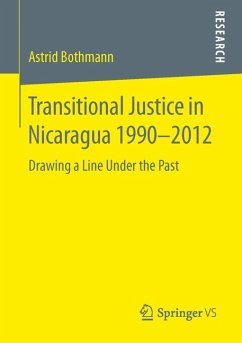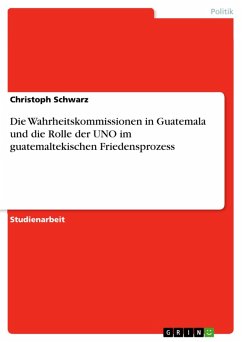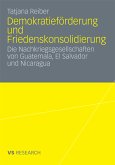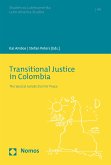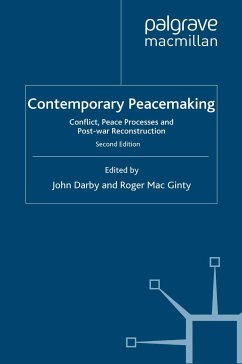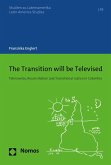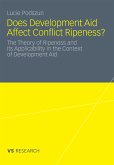Contents
- The Sandinista era: Regime characteristics and human rights violations
- The Chamorro government: Elite interests and the balance of power
- The Alemán administration: The revival of caudillismo
- The Bolaños presidency: The attempted truth commission
- The Ortega II government: Recovering the revolution
Target Groups
- Researchers and students of political science, sociology, law, history, and Latin American studies
- Politicians, human right activists, and NGO representatives
About the Author Dr. Astrid Bothmann is a political scientist currently working as project manager in the department "Politics and Society" at the ZEIT-Stiftung Ebelin und Gerd Bucerius in Hamburg.
Dieser Download kann aus rechtlichen Gründen nur mit Rechnungsadresse in A, B, BG, CY, CZ, D, DK, EW, E, FIN, F, GR, HR, H, IRL, I, LT, L, LR, M, NL, PL, P, R, S, SLO, SK ausgeliefert werden.

